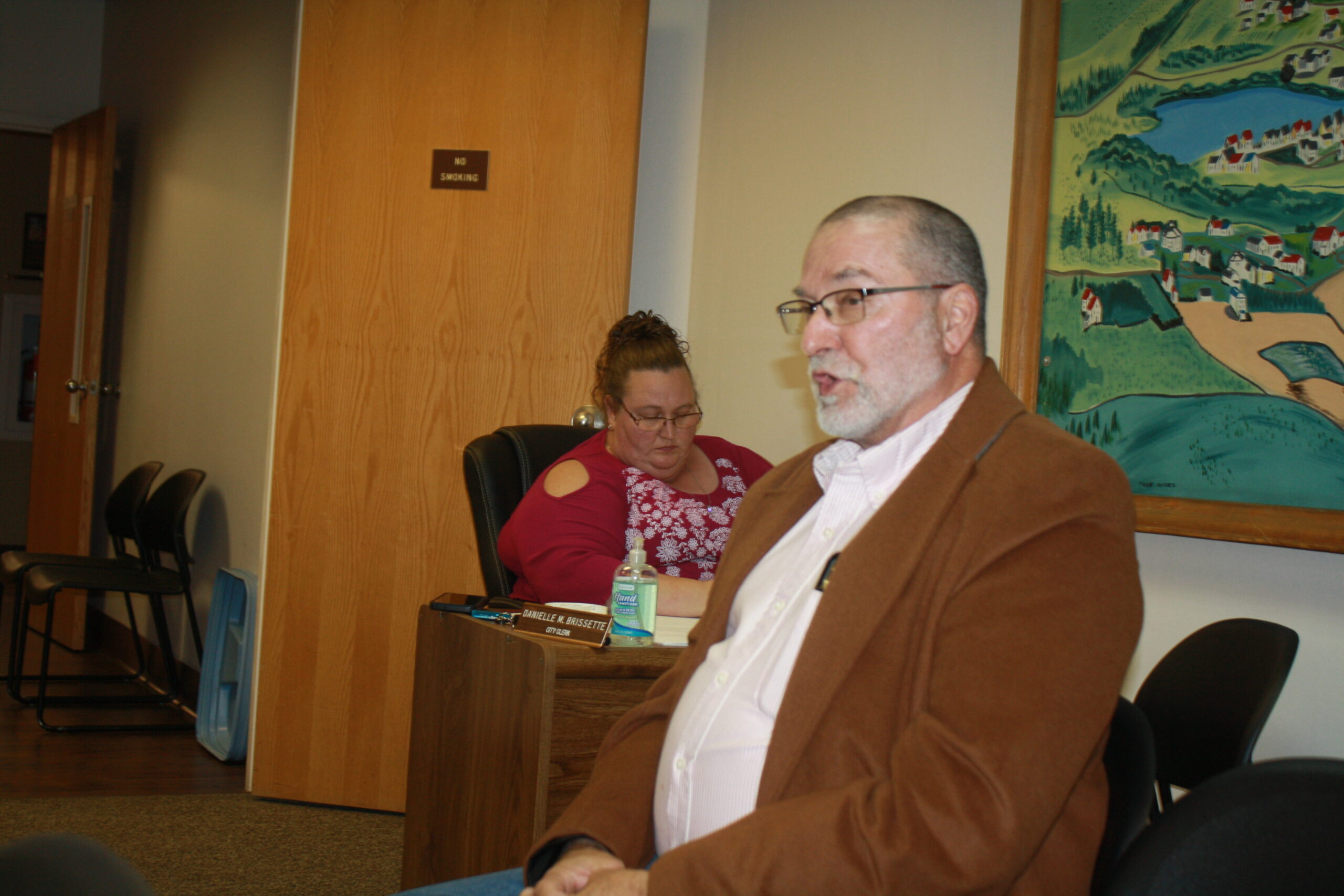
CARIBOU, Maine — After hearing one family’s tragic story, Caribou city councilors agreed to hold officials more accountable for addressing so-called “drug houses,” where drug dealing and overdose deaths have allegedly occurred.
David and Mary White of Stockholm lost their daughter, Hanah White, to a drug overdose in late September. During Tuesday’s council meeting, David White said that police found Hanah’s body in a house at 206 Sweden St. several days after the family had not heard from her.
Hanah had struggled with addiction for years prior to entering a Florida rehabilitation facility this past spring. She relapsed after returning to Caribou.
In his many attempts to get her away from local dealers, David White entered several homes that he called “drug houses,” one of those being 206 Sweden. But two more houses — one on Washburn Street and another known as “The Brown House” on Prospect Street — are in far worse condition, he said.
“I don’t believe the Brown House even has electricity,” White said. “I wouldn’t put a dead cockroach in these places, or a live one. That’s how deplorable they are.”
Hanah’s story brought about strong reactions from councilors, many of whom asked if the city could do more to address blighted properties that have become havens for drug activity.
Though Caribou has stepped up demolitions of blighted or dangerous properties this year, most of them are acquired through unpaid taxes. This year, councilors voted to condemn all nine homes at the former West Gate Villa Mobile Home Park, and demolition plans are in the works.
But so far most conversations around blighted and dangerous buildings have focused on properties falling into disrepair due to abandonment or lack of repairs by owners. Monday’s conversation marked a shift toward addressing blighted properties where dealers supposedly sell drugs to addicts.

CARIBOU, Maine — Oct. 11, 2022 — Deputy Mayor Courtney Boma (far left) and councilors (from left to right) Joan Theriault, Lou Willey and Mark Goughan converse during the most recent Caribou City Council meeting. (Melissa Lizotte | Aroostook Republican)
City Manager Penny Thompson said that all properties White mentioned, among many others, are ones that the police department has dealt with previously.
“We’ve had numerous complaints about the Prospect Street house, especially with that being a nice neighborhood,” Thompson said. “Neighbors don’t feel safe walking by or even letting their dogs out because of what they’ve seen and heard.”
Thompson met with White prior to that evening’s council meeting, which prompted her to email the city’s police department, code enforcement and health officers. She expects that the group will look into the best ways to address the issue.
Though the city has used Maine’s dangerous building statute to demolish certain buildings, that process can be lengthy and only occurs after multiple attempts to contact absent and negligent property owners.
“I know we have buildings that aren’t up to code and that there’s already a process, but it seems like we should be stepping up enforcement [when drugs are involved],” said Councilor John Morrill.
Officials from Caribou’s code enforcement and police department did not attend Tuesday’s meeting.
Deputy Mayor Courtney Boma suggested to Thompson that those departments give councilors an update on buildings with code violations at the next council meeting.
Councilors also expressed interest in learning statistics about drug overdose deaths and seeing the city reconvene a blight committee that began forming prior to the pandemic.
“[The committee] wasn’t trying to battle the drug problem, but the tools are there for us to use,” said Councilor Mark Goughan, who recalled the committee’s initial goals.
White urged councilors to use whatever authority they have to ensure that the city tears down its most notorious buildings.
“We need to take back our city from these people,” White said. “We need to do something to condemn these buildings so that no other family has to go through what we went through.”
The next Caribou City Council meeting will occur at 6 p.m. Monday, Oct. 24, in the Caribou Municipal Building, located at 25 High St.







